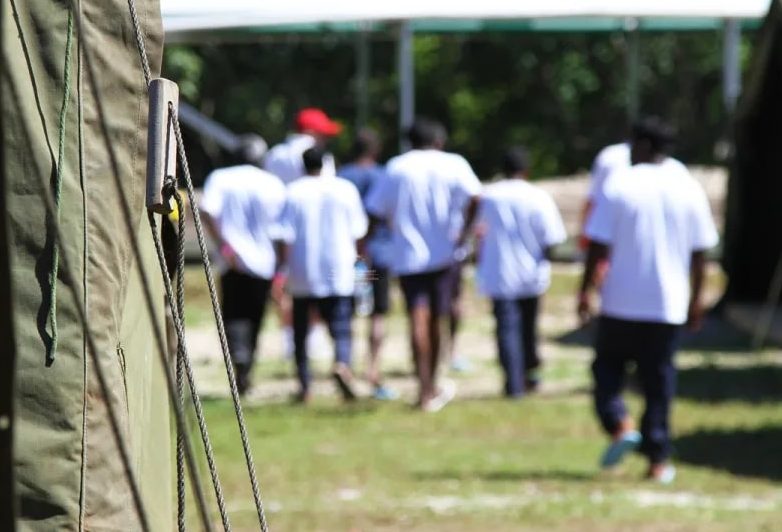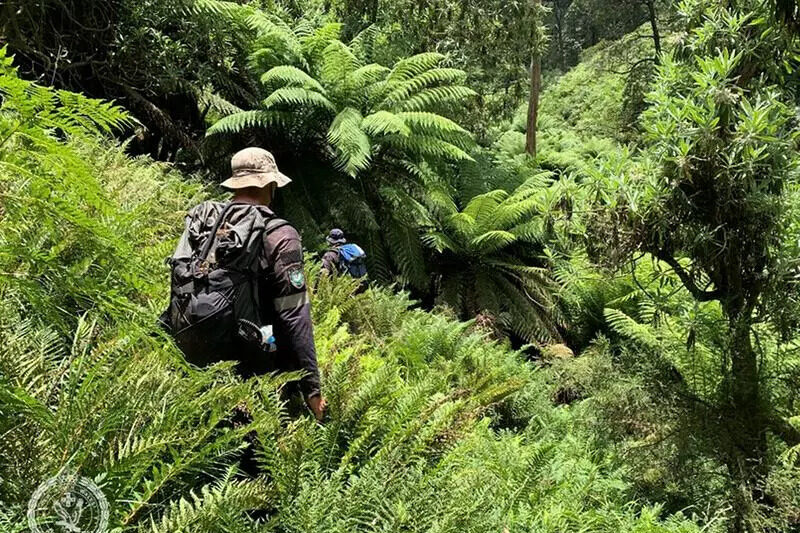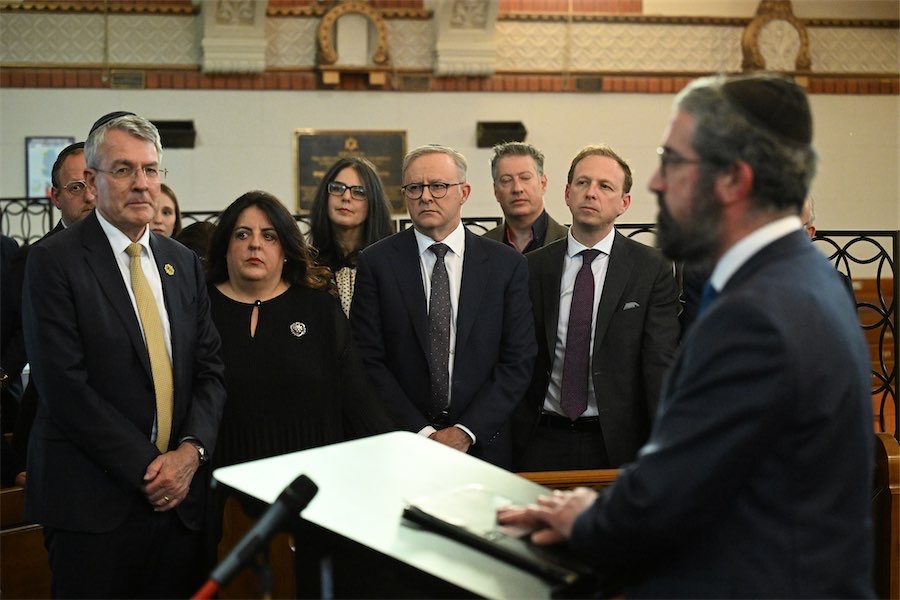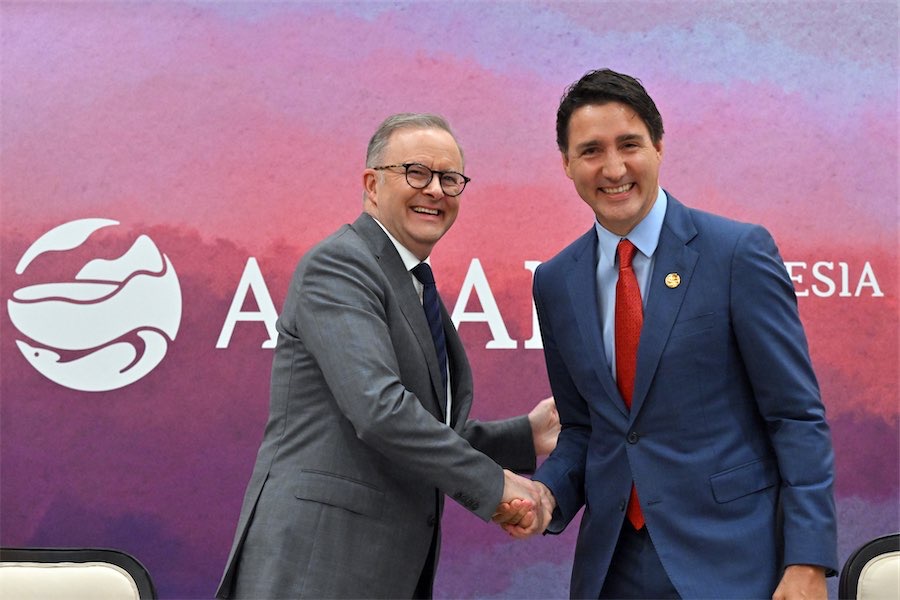
By Farid Farid in Sydney
DOZENS of refugees have revealed their experiences in offshore detention and urged Australia to change its approach to asylum seekers.
More than 30 refugees detained on PNG and Nauru have provided witness statements, which will be released online on Tuesday.
Their 300 hours of testimony was collected by law firm Maurice Blackburn as part of a discontinued Federal Court challenge to offshore detention.
Sonya, an Iranian refugee who sought Australia’s protection in 2014, was detained on Nauru in a camp she labelled horrible.
The mother of two, who used a pseudonym for fear of repercussions, described how she and her family slept on filthy mattresses on the floor surrounded by cockroaches.
“They (camp authorities) just wanted us to fight each other. No one cared for us,” she told AAP.
“We are not animals. We are humans.”
Security guards capped shower times at two minutes and make-shift rooms separated by plastic sheets were unbearably hot and humid without air-conditioning.
“Immigration case officers would tell us ‘go back to where you came from’ because we came by boat,” she said.
Sonya has been living in community detention in Melbourne, which has given her some freedom, but she is calling on the government to give asylum seekers permanent visas.
Alongside the witness statements, Maurice Blackburn used artificial intelligence to create images bringing their stories to life.
Principal lawyer Jennifer Kanis said the multimedia components shone a light on a dark chapter of Australian history.
“Their statements describe the horror of life in detention including physical and sexual violence, racism, discrimination and self-harm,” she said.
Earlier this year, advocates welcomed the decision to grant permanent residency to 19,000 asylum seekers on temporary visas.
But the offer was not extended to about 12,000 others who were rejected under the previous government’s fast-track process on bridging or expired visas.
Among those excluded were more than 1000 refugees transferred to Australia from offshore detention for medical treatment, who have no path to permanent resettlement.
Saman, who was held in immigration detention for more than four years including nine months on Manus Island, also shared his story.
He said the Manus Island camp had squalid toilet and shower facilities and he was subjected to several incidents of physical and verbal abuse.
“The full truth of what happened offshore and the pain we had to endure for being labelled an ‘unlawful maritime arrival’ has not been able to be properly told until now,” he said.
Who can be trusted?
In a world of spin and confusion, there’s never been a more important time to support independent journalism in Canberra.
If you trust our work online and want to enforce the power of independent voices, I invite you to make a small contribution.
Every dollar of support is invested back into our journalism to help keep citynews.com.au strong and free.
Thank you,
Ian Meikle, editor





Leave a Reply